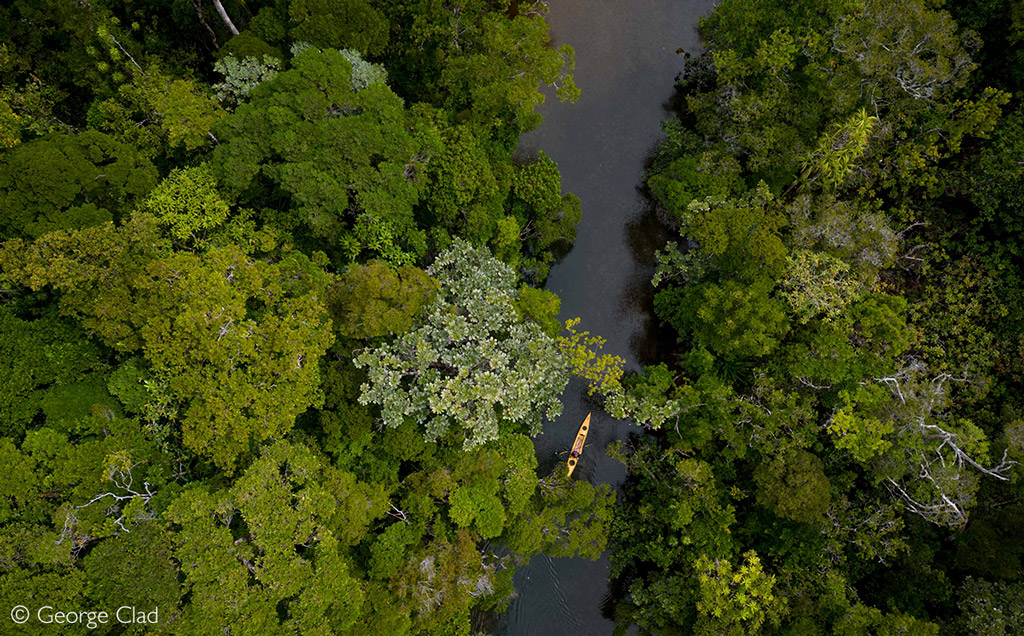
This is a copy of our weekly email newsletter. Subscribe here to receive the newsletter.
Tanzania’s cheetahs + salt pans + hierarchy of fear
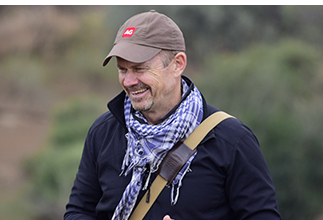
Life in the bushveld is tough! We have monkeys pillaging our attempted vegetable garden, kudus snapping young planted trees in their dry season desperation to find food, leopards snacking on pet dogs, squirrels chewing the roof lining, spitting cobras and scorpions in the garden…
I would not have it any other way.
My late mom told me that, when I was about eight or ten, I lectured our priest for using leopards as symbols for evil during his Sunday sermon. Apparently I was incensed at his reckless symbolisation of one of nature’s superstars. I have been swimming upstream ever since 🙂
My point is this. Enjoy every second of your life, every glimpse of nature doing her thing, every hint of changing seasons and sniff of rain in the air. This is it. The great safari of life. Peace out
Keep the passion

Simon Espley – CEO, Africa Geographic
From our Editor – Taryn van Jaarsveld
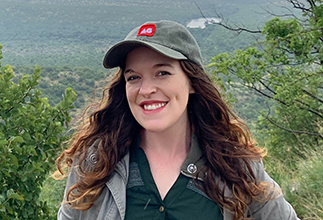
What is the scariest sound in the African savannah? The answer is fairly obvious…
The sound of humans – of course.
Researchers studying the hierarchy of fear in mammals in the South African bushveld revealed that wildlife were more fearful of the sound of human voices than that of lions. Researchers placed cameras and audio speakers near waterholes in Greater Kruger, and played a series of sounds – including birdsong, dogs barking, gunshots, lions growling, and humans talking – to animals passing by. Nineteen species fled instantly when hearing human voices, and reacted more quickly and fearfully than when hearing the snarls of lions.
Why? Because, according to the researchers, humans are “super predators”. We humans are lethal, and dangerous – evoking the greatest fear in animals. Hard to argue that one.
Below, you can check out our stories for this week. We’re revealing the secrets of southern Tanzania’s cheetahs, and giving you the low-down on all there is to know about visiting Botswana’s salt pans.
Happy celebrating Africa to you!

Story 1
https://africageographic.com/stories/botswanas-salt-pans/
SALT PANS
Botswana’s salt pans, including Makgadikgadi Pan, are of the largest on earth. The site of zebra migrations, the pans are an epic safari spot
Story 2
https://africageographic.com/stories/the-cheetahs-of-southern-tanzania/
TANZANIA’S CHEETAHS
A new study, in aid of cheetah conservation, reveals the secrets of the cheetahs of the Ruaha-Rungwa ecosystem
 TRAVEL DESK UPDATES:
TRAVEL DESK UPDATES:
Longing for an escape to warmer climates? To lounge beside the ocean? Here’s your chance to dive in and spend your holiday in paradise! Get in touch with our experts to book your balmy safari.
Expedition Blue Lagoon – from €3,850pps – 11 days/10 nights
Discover Madagascar’s pristine and raw beauty on this 11-day safari. Experience powdery white beaches, palm trees, rainforests, lemurs and impossibly blue waters on this tropical-island escape.
You’ll experience the Masoala rainforests and Ambodilaitry Masoala Marine Reserve’s Blue Lagoon on Madagascar’s northeast coast.
Honeymoon special: Partner receives 50% off at Azura Benguerra Island
Azura Benguerra Island lies within a marine national park in the Bazaruto Archipelago, Mozambique. Spend your honeymoon on this unspoilt heavenly island and receive 50% off for your partner and discounts on rates, activities, spa treatments & Champagne. Valid for a min 4-night stay before 15 December 2023.
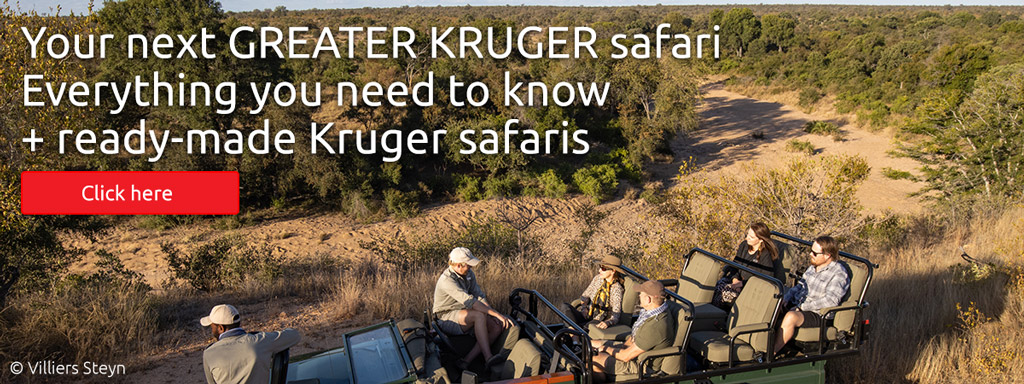
Saving lions
You can help save African lions! Africa’s free-roaming lions are under threat from human-wildlife conflict. These lions are an essential part of the continent’s ecosystems, its tourism industry, and its livelihood.
Thankfully, the Southern African Conservation Trust (SACT) and partners have embarked on a project to conserve lions. They require GPS satellite collars to track the natural movement of lions between protected areas, and to develop lion management plans. These collars provide data to computer simulations, allowing all parties to monitor lion prides on park boundaries. They also provide an early-warning system to local communities about the whereabouts of lions, allowing them to react quickly to potential problems and avoid human-lion conflict.
You can help to save these wild lions by making a contribution to the SACT through our Collar a Lion campaign.
Find out more about how you can help save free-roaming lions and what your sponsorship will include.
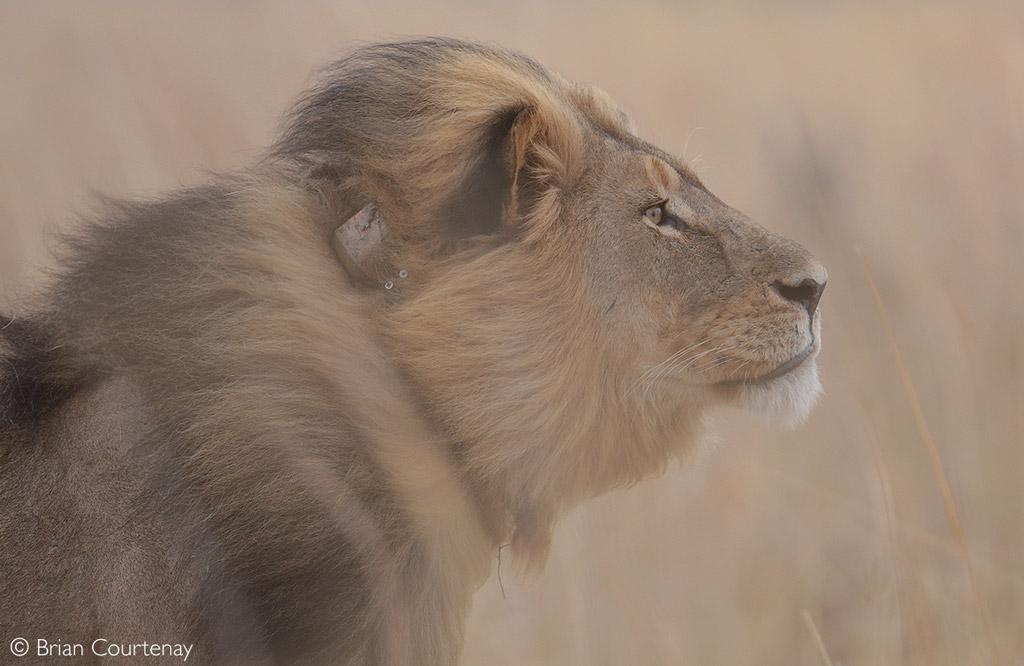
 WATCH: Our safari experts view November as the month of variety and for seeking out localised migrations and other unique safari experiences. From the world’s largest mammal migration, to fine weather in the Cape Winelands and low-season rates in Madagascar – here’s what’s on offer for your November safari (1:10). Click here to watch
WATCH: Our safari experts view November as the month of variety and for seeking out localised migrations and other unique safari experiences. From the world’s largest mammal migration, to fine weather in the Cape Winelands and low-season rates in Madagascar – here’s what’s on offer for your November safari (1:10). Click here to watch
For more videos celebrating Africa, check out our videos here
To comment on this story: Login (or sign up) to our app here - it's a troll-free safe place 🙂.![]()






